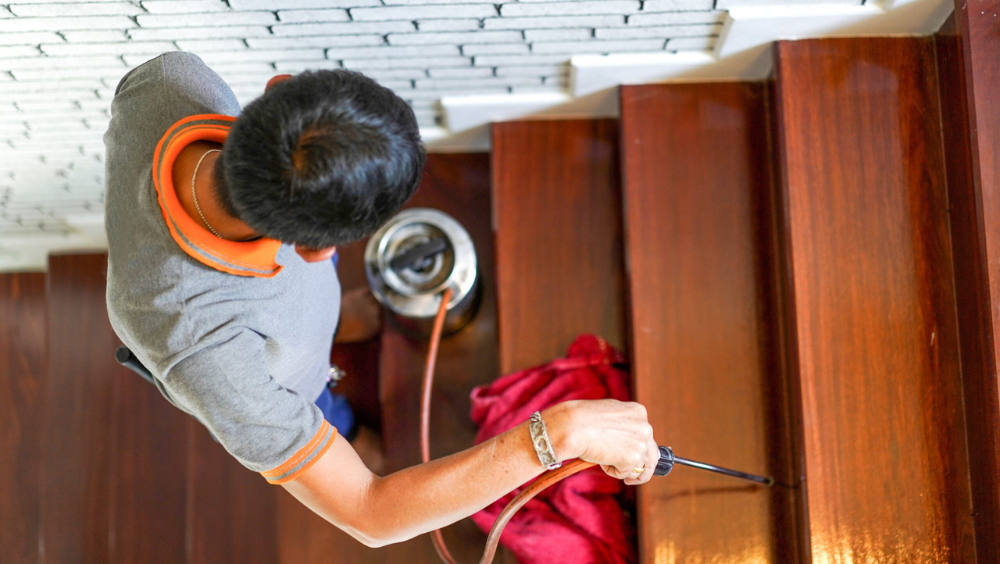
Before your house can sell, you’ll need to get rid of any unwanted pests. The problem is that signs of an infestation or conditions that make you vulnerable to pests, such as wood rot and moisture, aren’t identifiable with an untrained eye. That’s why buyers and lenders often request a pest inspection before closing. You’re not in the clear simply because you don’t see bugs or mice crawling around. Take it straight from the real estate experts we spoke with who have seen it all (termites, scorpions, rattlesnakes, you name it): nip pest problems in the bud with a professional pest inspection that will identify any issues and their solutions, whether it be monthly treatments or a one-time spray, for peace of mind. Otherwise, pesky pests — especially termites — can cause far more harm than scaring the living daylights out of you. They’ll wreak havoc on your home sale and force buyers to back out of the deal.
Once your home goes under contract, the offer you signed will be (in all likelihood) contingent on the results of the home inspection. Home inspectors will look for any hazards, safety threats, or major defects but are limited in what they put in their report about pests. They may raise red flags like wood rot or moisture, and then recommend a specialist take a closer look. The pest inspection is a separate process performed by a licensed pest inspector who’s trained to look for signs of infestations and who does pest inspections specifically for real estate transactions. Some home inspection companies will bundle pest inspection services with the home inspection for an additional fee, but checking for pests and knowing how to get rid of them requires specific skills that a home inspector doesn’t have.How does a pest inspection differ from the home inspection?



